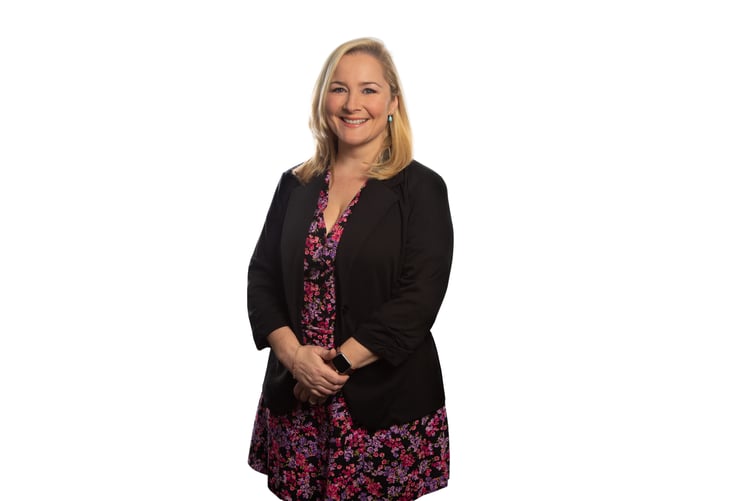The number of overdue invoices on the books of Welsh businesses hit a 26-month high in April 2025, according to new research from R3, the UK’s insolvency and restructuring trade body.
R3’s analysis of data provided by Creditsafe shows there were 156,775 overdue invoices on the books of Welsh businesses in April 2025 – the highest on record since February 2023’s figure of 161,860, and a 19.2% increase on April 2024’s total of 131,272.
Overdue invoice numbers have risen consistently since November 2024, and April’s figures were 1% higher than March’s total of 155,279.
Bethan Evans, Chair of R3 in Wales, says: “Late payment levels in Wales have been high for some time, but their rise to the highest point in more than two years is a stark reminder of how difficult trading conditions have become. Late payment levels are now higher than they were in 2023 and 2024, when many businesses were grappling with the aftermath of COVID, rising costs, and the impact of the cost-of-living crisis.
“Further cost increases came into effect at the start of last month, including rises to Employers’ National Insurance and the minimum wage, and these have been a major concern for businesses over recent months. Now that they’re here, there’s a real risk they could push more firms into cash flow difficulties, particularly in sectors already running on tight margins like construction, hospitality and retail.”
The total number of Welsh companies with overdue invoices on their books also rose by 5.8% in April 2025 when compared to the same period last year, rising from 17,849 to 18,879.
Bethan, who is a partner at Menzies LLP, continues: “It’s concerning to see not just that overdue invoice numbers are rising, but more businesses are finding themselves with overdue invoices on their books. When more companies are struggling to pay their bills on time, it has a knock-on effect across supply chains and makes it harder for others to stay on top of their own finances.
“April was a turning point for many businesses, and it’s crucial that directors know how to spot the early signs of financial distress. If you’re noticing problems like rising late or missed payments, falling margins, or mounting pressure from creditors, then it’s likely time to speak to a professional. Seeking advice as soon as these issues arise can provide clarity, more time to address the situation, and potentially more options for resolving your concerns.”





Comments
This article has no comments yet. Be the first to leave a comment.